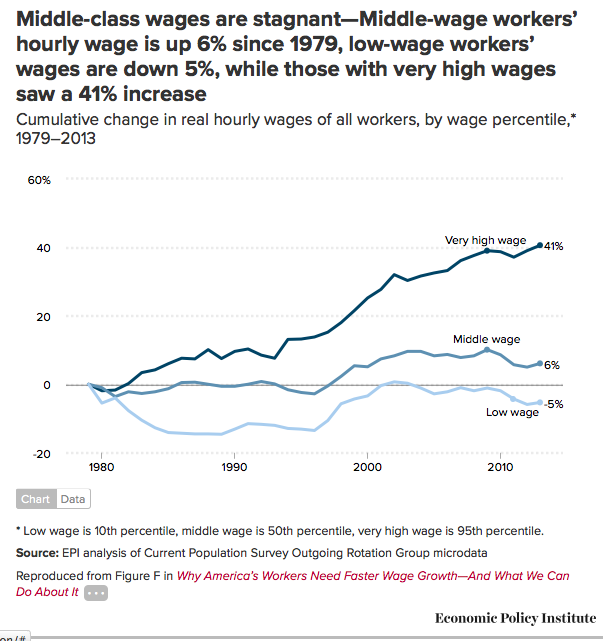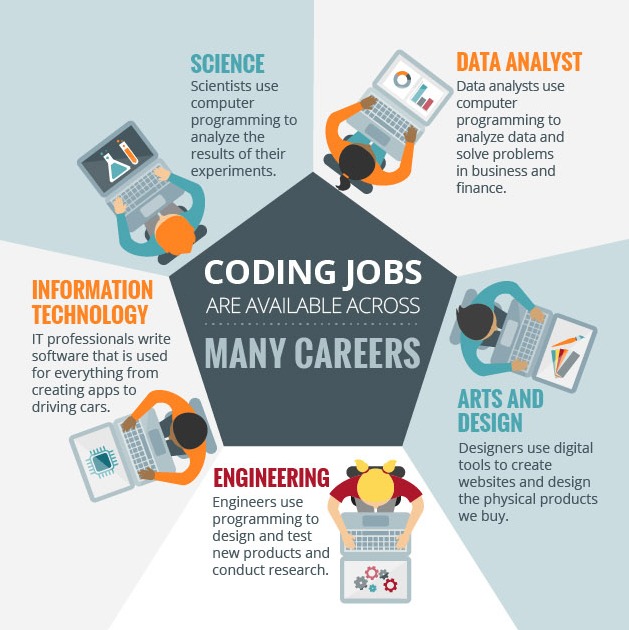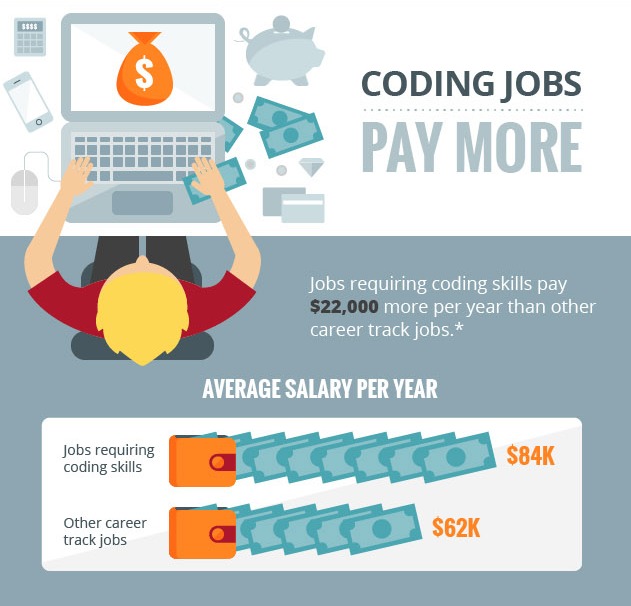Good news on the employment front. The US economy generated a better-than-expected 287,000 jobs in June, topping analyst expectations. Investors cheered.
But step back from the headline numbers, and another reality emerges.
American livings standards aren’t going to break out of stagnation for middle- and lower-salaried workers until the country addresses a massive skills gap.

Skills Gap
The challenge facing workers isn’t finding a job. They’re plenty of low-skilled positions in the retail and fast food industries out there.
The trick is finding a high-paying position that will deliver a middle-class lifestyle. That’s tougher than ever.

Consider this: According to a study by Burning Glass and Oracle Academy, about half of the jobs in the top income quartile — $57,000 or more per year — require some computer coding knowledge or skill.
Coders use programming languages such as Python and Java to tell computers and software what to do.
Coding Power
Such skills are no longer the exclusive province of Silicon Valley tech firms.
The digitization of the US economy means computing and software development touch huge swathes of the overall economy, spanning myriad industries.

In 2015, there were 6.8 million opening for jobs involving coding skills.
And these jobs pay on average $22,000 more than other career-track jobs, according to the Oracle Academy.

Turned Away
The skills gap goes beyond just coding.
Last year, only 20% of applicants pursuing a job opening had the proper qualifications for the job, according to Corporate Executive Board, a research group.
The problem isn’t a US job shortage. It’s a dearth of skilled labor.
Takeaway
America has lost one-third of its manufacturing jobs since 1980 and average middle- and lower-income families have struggled.
I think the US skills gap hasn’t received the attention it deserves in the presidential contest so far.
Instead, the political discussion has focused more on the negative impact of China or immigrant workers on American workers.
Both have played a role in my view. Yet so has a lack of qualified workers to power a 21st century American economy.
Photo Credit: JD Hancock via Flickr Creative Commons




